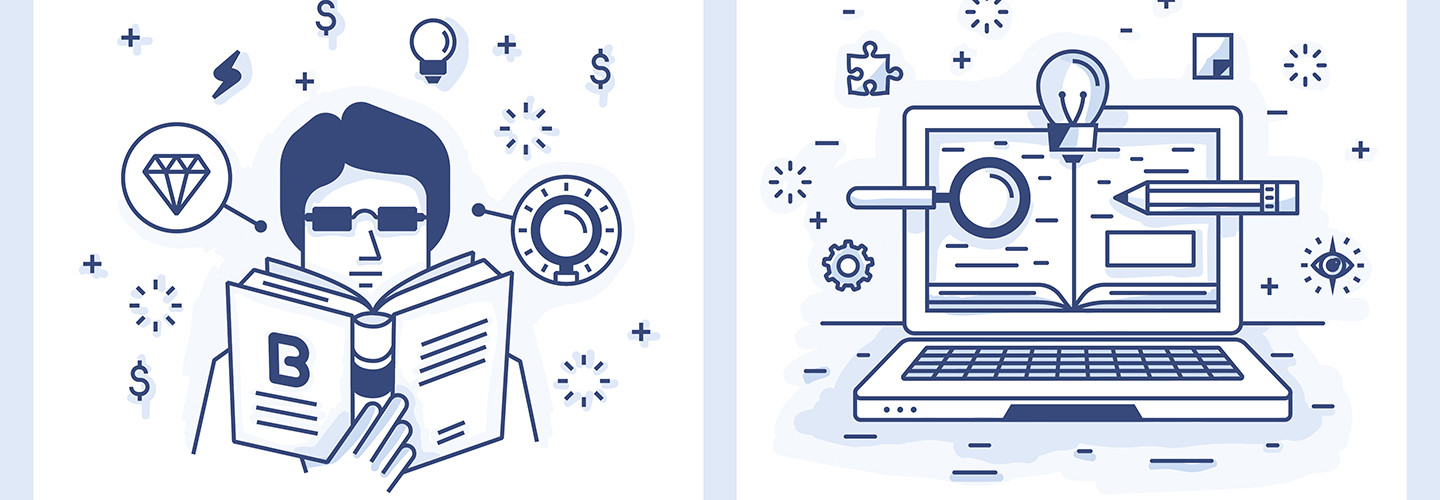How Artificial Intelligence is Boosting Personalization in Higher Education
Personalized learning, which tailors educational content to the unique needs of individual students, has become a huge component of K–12 education. A growing number of college educators are embracing the trend, taking advantage of data analytics and artificial intelligence to deliver just-right, just-in-time learning to their students.
Data-driven insights are becoming integral to business and financial decision-making by institutional leaders, and educators are quickly finding ways to leverage analytics to increase student retention. Applying data analytics to adaptive learning programs is proving to be another smart application. In adaptive learning, educators collect data on various aspects of student performance — from engagement with course content to exam performance — and tailor material to each student’s knowledge level and ideal learning style.
Oregon State University is using data to personalize the delivery of eight courses with historically high attrition rates. The goal? Be proactive in giving students the help they need before they fall behind. The courses, in disciplines such as algebra, psychology and chemistry, typically have large enrollments that make it difficult for an instructor to provide one-on-one help in the classroom. But data-powered insights from adaptive courseware can show faculty where most students are struggling, so they can dedicate more instructional time to those areas.
OSU and seven other universities are testing out adaptive learning in pilot programs, with support from the Association of Public and Land-grant Universities and the Bill & Melinda Gates Foundation. Collectively, they want to make 15 to 20 percent of their general education courses into adaptive programs by fall 2019.
Experts believe personalized education will gain ground in higher education as leaders seek to provide opportunities to new kinds of students and to boost attendance and retention. By personalizing a class with adaptive learning and other emerging technologies, professors can ensure they engage all types of learners in the ways that suit them best.
SIGN UP: Get more news from the EdTech newsletter in your inbox every two weeks!
Embrace Emerging Technologies for Personalized Education
Nontraditional students — working-age adults balancing college with families and full-time jobs — are quickly becoming the norm at many institutions. For these students, asynchronous learning via online programs is a convenient way to fit coursework in a busy schedule. But institutions are finding that the self-pacing aspect of online learning also works well for students in face-to-face courses.
That’s where artificial intelligence comes into play, and experts are already touting AI as a game-changer for higher education. AI applications in learning management software could help institutions outline a learning path for each student in response to his or her individual progress, as opposed to the current model of delivering the same content to the entire class at the same time.
At the University of Michigan, AI is making it easier for students to receive immediate feedback on their writing, even in large classes. An automated text analysis program reviews students’ work to identify strengths and recommend revisions. A writing fellow then verifies the program’s feedback to make sure it’s on point (and, if needed, suggest corrections to the editing algorithm). This application makes it possible for students to receive direct feedback more quickly.
Such strategies can be especially effective for community colleges, which often serve a diverse student body and therefore need to deliver a broader range of educational experiences. A community college in New Jersey, for example, has used personalized learning to lower student dropout rates.
While AI and data analytics will likely assume a larger role in the classroom, they won’t replace professors — at least not any time soon. In fact, experts see these technologies as an ideal way to facilitate personalized learning without having to increase demands on faculty. That, in turn, frees faculty up to attend to other aspects of their teaching and research.
This article is part of EdTech: Focus on Higher Education’s UniversITy blog series.









